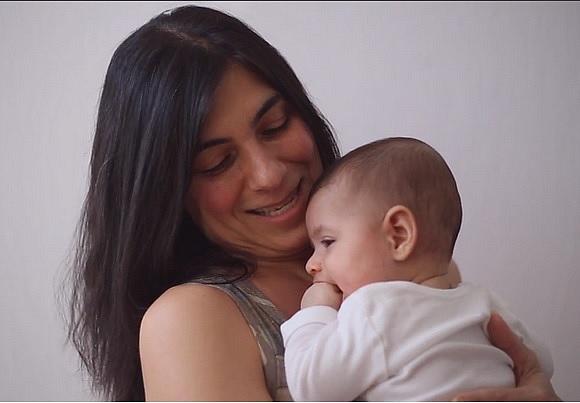New York City targets maternal health in Brooklyn
This story was produced as part of the series, “What Hospitals Deliver,” a project for the Center for Health Journalism's 2016 National Fellowship at the USC Annenberg School of Journalism.
Other stories in the series include:
What New York City hospitals deliver — an ongoing investigation
Black mothers face higher complication rates when delivering babies in NYC

Mothers in New York told WNYC about their wide range of experiences with childbirth. (Jennifer Hsu / WNYC)
In “What Hospitals Deliver,” WNYC has been looking at life-threatening complications during childbirth and racial disparities — and at why some hospitals do a much better job than others at reducing the risks faced by vulnerable mothers.
The city Health Department has been looking at these complications, too, focusing on the risk factors outside the hospital walls that can make childbirth more dangerous. African-American women are four times more likely to suffer these complications than white women, and in some neighborhoods the gap is even wider.
Many poor African-American women arrive at labor and delivery wards with inadequate prenatal care and health conditions such as diabetes and hypertension that elevate the chances of complication, according to city data.
And yet even when they're relatively healthy and financially stable, Assistant Health Commissioner Dr. Deborah Kaplan told WNYC's Richard Hake, black women face higher risks than white women. She said one of the overarching reasons is what she called structural racism.
“It can happen at the individual level. It can happen in how people are treated wherever they go," she said. "It can happen because of historic policies that have determined where people live, including separating out neighborhoods so that black people are more likely to live in neighborhoods that have fewer resources."
Kaplan pointed to several efforts the city is taking, together with community groups, non-profits and healthcare providers.
- Encouraging group pre-natal visits that allow for more extensive time with doctors, nurses and midwives and more support from peers.
- Subsidizing doula care for expecting mothers. Doulas are non-clinical assistants who help pregnant women prepare for delivery and then support them during childbirth and after.
- Setting up special "Women's Health Suites" in soon-to-open Health Action Centers in Brownsville, East Harlem and Tremont — the three neighborhoods with the highest burden of chronic illness. The suites will be meeting places to get health information and relief from stress, with classes on yoga and meditation.
Last year, WNYC reported on a Health Department survey that found the local complication rate climbing from 197 to 253 per 10,000 deliveries between 2008 and 2012. That's about 60 percent higher than the national average.
By definition, a maternal complication includes procedures such as blood transfusions and hysterectomies as well as health conditions that emerge, including blood clots, kidney failure and respiratory distress.
The 2016 report highlighted the broad disparities in complication rates. Over the five-year study period, white women in the city had a rate of 127, different Latina sub-groups had rates between 249 and 272, and black women had a rate of 387. The city's overall rate for 2008-2012 was around 240, but in its most dire, and most heavily African-American neighborhoods — Brownsville and East Flatbush in Brooklyn — the rate was almost 500.
[This story was originally published by WNYC.]

